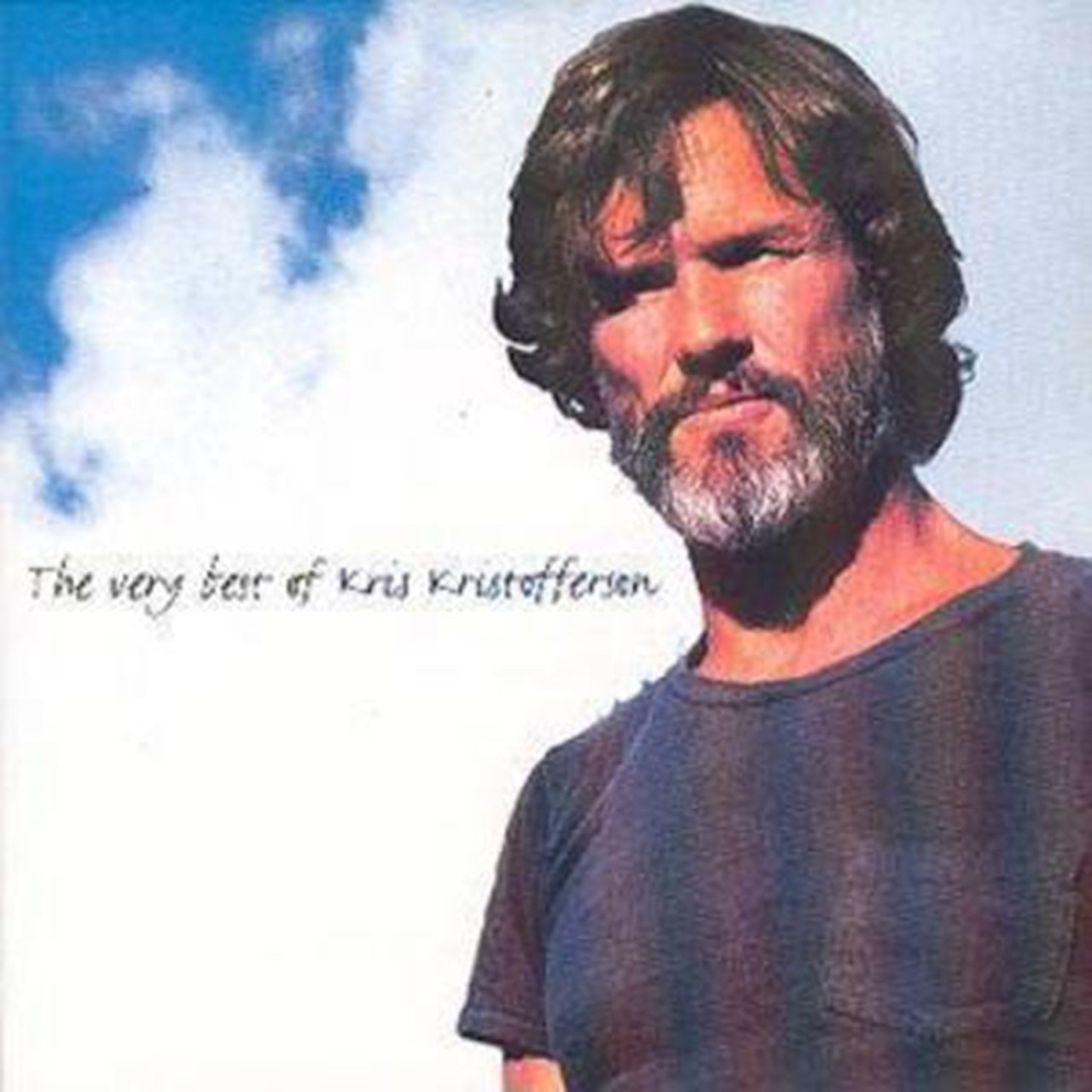
About the Song
A Song of Hope and Redemption: Kris Kristofferson’s “Sugar Man”
In the realm of American music, few singer-songwriters have etched their names as profoundly as Kris Kristofferson. With his gravelly voice, introspective lyrics, and poetic sensibilities, Kristofferson crafted timeless ballads that resonated with a generation grappling with social change and personal struggles. Among his vast repertoire, “Sugar Man” stands as a beacon of hope and redemption, a poignant tale of resilience amidst adversity.
Released in 1970, “Sugar Man” emerged as an unlikely anthem for the counterculture movement. The song’s enigmatic lyrics, painted with vivid imagery and cryptic metaphors, captured the zeitgeist of an era yearning for authenticity and liberation from societal norms. Kristofferson’s hushed vocals wove a tapestry of mystery and intrigue, leaving listeners to decipher the true meaning behind the titular “Sugar Man.”
The song’s narrative unfolds through the eyes of a nameless protagonist, adrift in a world of disillusionment and despair. The lyrics paint a picture of a society grappling with poverty, addiction, and a sense of hopelessness. Yet, amidst this bleak landscape, a glimmer of hope emerges in the form of the enigmatic “Sugar Man,” a figure who represents the possibility of transcendence and salvation.
Kristofferson’s masterful storytelling weaves together biblical allusions and social commentary, creating a tapestry of profound meaning. The “Nowhere Man” could be interpreted as a metaphor for the lost and forgotten souls of society, while the “Sugar Man” could symbolize a beacon of hope, a promise of redemption. The song’s open-ended conclusion leaves listeners to ponder their own interpretations, adding to its enduring appeal.
Despite its critical acclaim and underground popularity, “Sugar Man” failed to achieve commercial success in the United States upon its initial release. However, the song’s legacy took an unexpected turn when it found a new life in South Africa. Embraced by anti-apartheid activists, “Sugar Man” became an anthem of resistance and hope, inspiring a generation fighting for freedom and equality.
In 1996, South African musician Rodriguez, whose music had been virtually unknown outside of his home country, embarked on a tour of the country. To his astonishment, he was greeted by massive crowds singing along to his songs, including “Sugar Man.” The song had become a symbol of their struggle and their unwavering belief in a better future.
Kristofferson’s “Sugar Man” is a testament to the power of music to transcend borders, cultures, and languages. Its message of hope and resilience has resonated with audiences worldwide, offering solace and inspiration to those facing adversity. The song’s enduring legacy lies in its ability to connect with the human spirit, reminding us of the indomitable strength that lies within each of us.